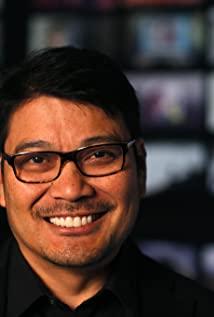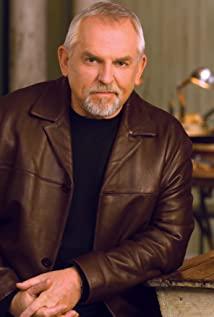Soul evaluation action
2021-10-20 17:21
In short, how a person forms one's self, how an individual forms a system of beliefs and behaviors, how each person judges the truth and meaning of life, is not just a problem that the film explores through goals, the world, and metaphors, but also some of the essences that everyone has to face. Sexual issues. The dreams that have been generated need to continue to work hard to realize; if you have not found the spark to inspire yourself, then you must keep trying. The characters in the story have goals, and everyone in reality has dreams. The present does not mean doing nothing and wasting time. The present is a metaphor for jumping out of obsessions and delusions, and facing oneself and one's "world".
Marx even believed that Spinoza's fatalism and substance view did not leave a place for free will after all, but represented "abstract nature" that has nothing to do with human activities. For radical leftists such as Althusser and Negri, Spinoza's critique of free will just dispels the ideological concept of "subject", and free action does not necessarily violate the laws of society. The latter believes that a unique and diverse body cannot be reduced to "one", and the "many" that act according to the nature and power of the body are truly "free many" and "active nature." The inherent contradictions and tensions of this theory also happen to reveal the two evaluation dimensions of the film "Spiritual Journey" after its release. Some people believe that the film is a critique of past values and a recall of "daily life" itself; Others believe that the film only caters to the elitist perspective of the ordinary middle class, and ordinary people simply cannot feel this "daily life" itself, and its core is still to endorse the capitalist society. Of course-this is another question.
Extended Reading
-
Muhammed Ali: You are the greatest... pain in the butt!
-
Copernicus: The world doesn't revolve around you, 22!











